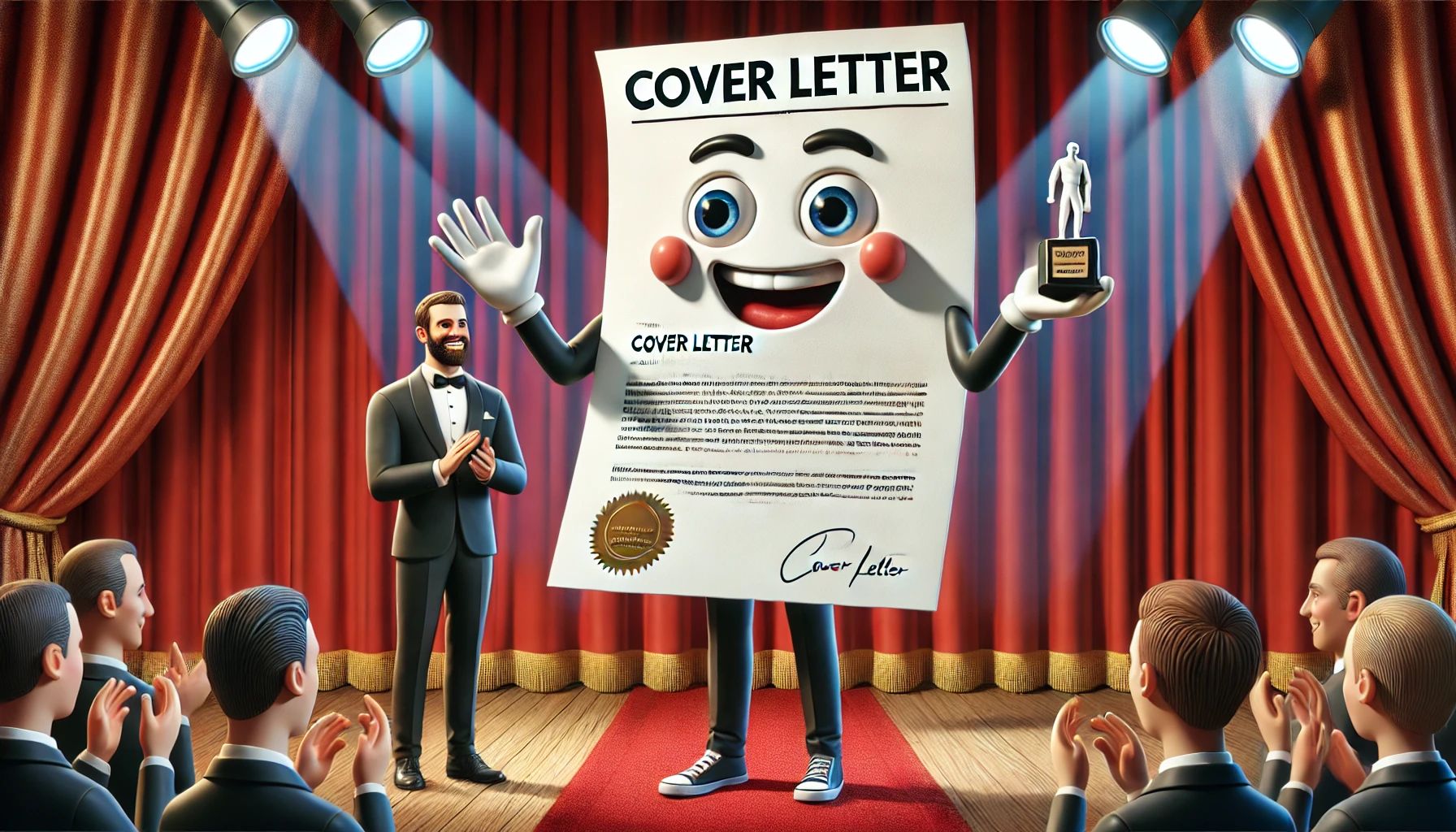 If you have ever delved into website SEO, then you’ve heard the phrase “content is king”. This references the importance of content in achieving higher rankings in search engines and driving traffic to websites. For the most part, this is true in the digital world. As such, with your resume (or LinkedIn profiles) often living somewhere online, many of us adopt this philosophy, thinking it will be to our benefit in job searches and recruiter engagement.
If you have ever delved into website SEO, then you’ve heard the phrase “content is king”. This references the importance of content in achieving higher rankings in search engines and driving traffic to websites. For the most part, this is true in the digital world. As such, with your resume (or LinkedIn profiles) often living somewhere online, many of us adopt this philosophy, thinking it will be to our benefit in job searches and recruiter engagement.
But is this the case? 🤔
While there are instances where fully-fleshed-out content on your resume can be to your benefit, in the job search environment, excessive content on one’s resume can give diminishing returns. Let’s go over some reasons why this might be the case.
🔹🔹🔹
Page Real Estate is At a Premium
Ask most any veteran career professional and they will tell you that exceeding 2 pages on your resume puts you at risk of being eliminated from competition before they even read your name. As such, you can’t always afford to go into every little detail about every project you have ever worked on. Remember that in most situations, your resume only has 7 to 8 seconds to impress your reader before they have already formed an opinion on your interview worthiness. You want to be very strategic about where you go into detail on your resume and where you simply keep the content detail at a birds-eye level. Too much content and your document gets overcrowded, hard to read, and it gives them another non-qualification reason to eliminate you from the stack.
Algorithms Don’t Get Tired – Human Eyeballs Do
While a search algorithm can comb through information infinitely without losing speed or comprehension, hiring managers and recruiters cannot. The more content there is to absorb, the more us human beings wear down in terms of comprehension – and interest. Remember, your resume isn’t the only one they are reviewing. What if your resume is #237 of 250 being reviewed that day? That reader is already operating on empty.
A good resume keeps the content relevant to affecting the decision-making process. Going “into the weeds” on every aspect of your last 20 years of employment risks your reader missing critical meter-moving information due to navigating mounds of low-relevance content. (Don’t be that person!)
Hiring Managers and Recruiters Appreciate When You Value Their Time
Again, we’re all human here. As such, there is something to gained for showing your reader that you value their time and energy. If you’ve ever tried to contact a quality recruiter, you know it isn’t easy. This isn’t because they are ignoring you. It is because they are swamped with hundreds of resumes to review. As you can imagine, it can annoy them when your resume goes down the rabbit hole unnecessarily, providing details that do nothing for their decision matrix, while draining the little attention and focus they have left.
A brief and well-structured resume not only keeps them engaged with information that means something to them, it delivers the info punch faster and shows your ability to efficiently communicate concepts (and isn’t mastery of communication usually an aspect of every job?)
🔹🔹🔹
While overloading your reader with unnecessary content is unwarranted, so is swinging completely the other way. A resume with job entries that consist of 2 or 3 overly-truncated sentences gives off a vibe that you can’t communicate at all. Not to mention it isn’t likely to be enough information to distinguish you from the other 249 applicants. As with everything in life, balance is the key.
When developing a resume, there is nothing wrong with fleshing it out totally on the first draft. But when it edit mode, ask yourself (1) whether certain details in the draft are going to be necessary to get the point across, (2) if the content you are including differentiates you from your competition, and (3) if you are using document organization philosophies to help the reader navigate faster, and (4) does your document has enough whitespace to give your reader’s eyes a rest.














